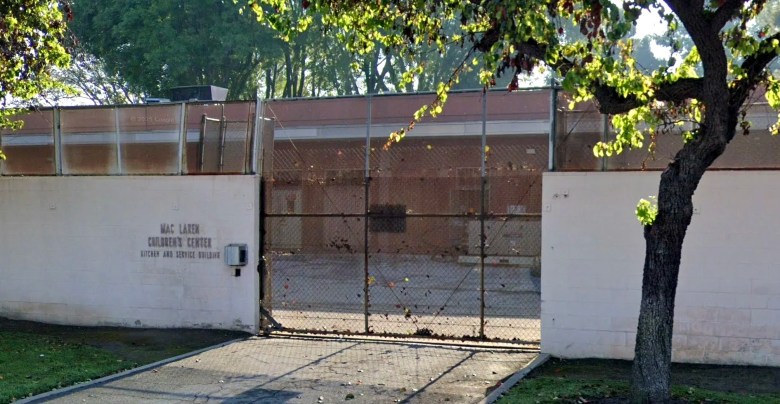Legislation that would have limited childhood sexual assault survivors’ ability to sue their perpetrators and the California public agencies that enabled the abuse met a decisive end this week.
Introduced amid mounting claims against schools, juvenile detention centers and a defunct Los Angeles children’s shelter, Senate Bill 577 would have placed a greater burden on alleged victims to prove past harms and tightened the window to file legal claims. But the bill stalled out before reaching a floor vote in the state Assembly, its final hurdle before reaching the governor’s desk.
“The majority of our legislators understand that survivors of child sex assault — particularly survivors who have experienced that abuse in state, county and city-funded programs — deserve a chance of justice,” Assemblymember Dawn Addis said today in an interview with The Imprint. As written, the bill would have prohibited victims as young as 27 from filing suit.
“Once people really understood what this bill was going to do to victims, they decided that it just wasn’t something that they wanted to vote to support.”
Addis acknowledged the state’s fiscal challenges. “There’s clear, widespread agreement that we don’t want our institutions going bankrupt,” she said. “Unfortunately, this effort — in any iteration that has been out there — has targeted victims and has tried to strip away the rights of child sex assault survivors.”
Supporters have expressed sympathy with the claimants. But they say the state is staring down a massive budget shortfall amid ever-tightening federal funding, and billions of dollars in legal settlements that threaten to bankrupt local agencies.
State Sen. John Laird, who authored SB 577, expressed disappointment that his bill failed this session.
“I had hoped to protect survivors’ access to justice while finding some fiscal relief to local governments,” he said, noting that he had worked for seven months to “thread the needle between those two goals” but was unable to reach consensus.
In its most current draft, Laird’s bill would have placed a higher burden of proof on plaintiffs aged 40 and older, and blocked higher payouts in particularly heinous cases. It also would have placed a Jan. 1 deadline on childhood sexual abuse lawsuits filed against MacLaren Children’s Center and shuttered Los Angeles juvenile detention camps and facilities.
To date, L.A. County has agreed to a historic $4 billion class-action settlement with nearly 7,000 survivors of those institutions — the largest payout of its type. School districts throughout the state are also being successfully sued, and are now facing $2 to $3 billion in settlement costs, according to a January financial oversight report.

A 2019 state law lifted the statute of limitations on child sexual abuse cases, no matter how old, for a period of three years. Thousands of lawsuits poured in during that time. Since then, some survivors have had the right to file new claims about past abuse — as long as they were younger than 40 years old.
In 2023, Assemblymember Addis pushed the state a step further. She authored a successful bill that removed all statutes of limitations on claims of sexual abuse in 2024 and beyond. That aligned with similar legislation relating to federal cases signed a year prior by then-President Joe Biden.
SB 577 would have rolled back California’s reforms.
Laird said his bill failed after extensive dialogue between the Legislature, survivor advocates and the public entities struggling with the looming settlement costs, but “it was just impossible to balance these interests to get to a successful outcome this year.”
He added that it could resurface, however.
“Hopefully the parties will continue the conversations to see if there is a path toward these goals in the next legislative session,” Laird said.
Chantel Johson, directing advocate at the Youth Law Center, which opposed the bill, said her organization will continue to fight that effort. She said limiting legal action gives public institutions a pass for failing to protect children, while imposing “heavy legal burdens” on the people harmed in their care, who often carry the trauma for a lifetime.
“SB 577 would have closed the courthouse doors before some had the chance to step inside, silencing their stories and denying them justice,” Johnson said in a statement.
But she added that the fight is not over: “This is a moment of relief, but it is not victory.”
Sara Tiano is a senior reporter for The Imprint. The Imprint is a partner of The Intersection and CVJC.


You must be logged in to post a comment.